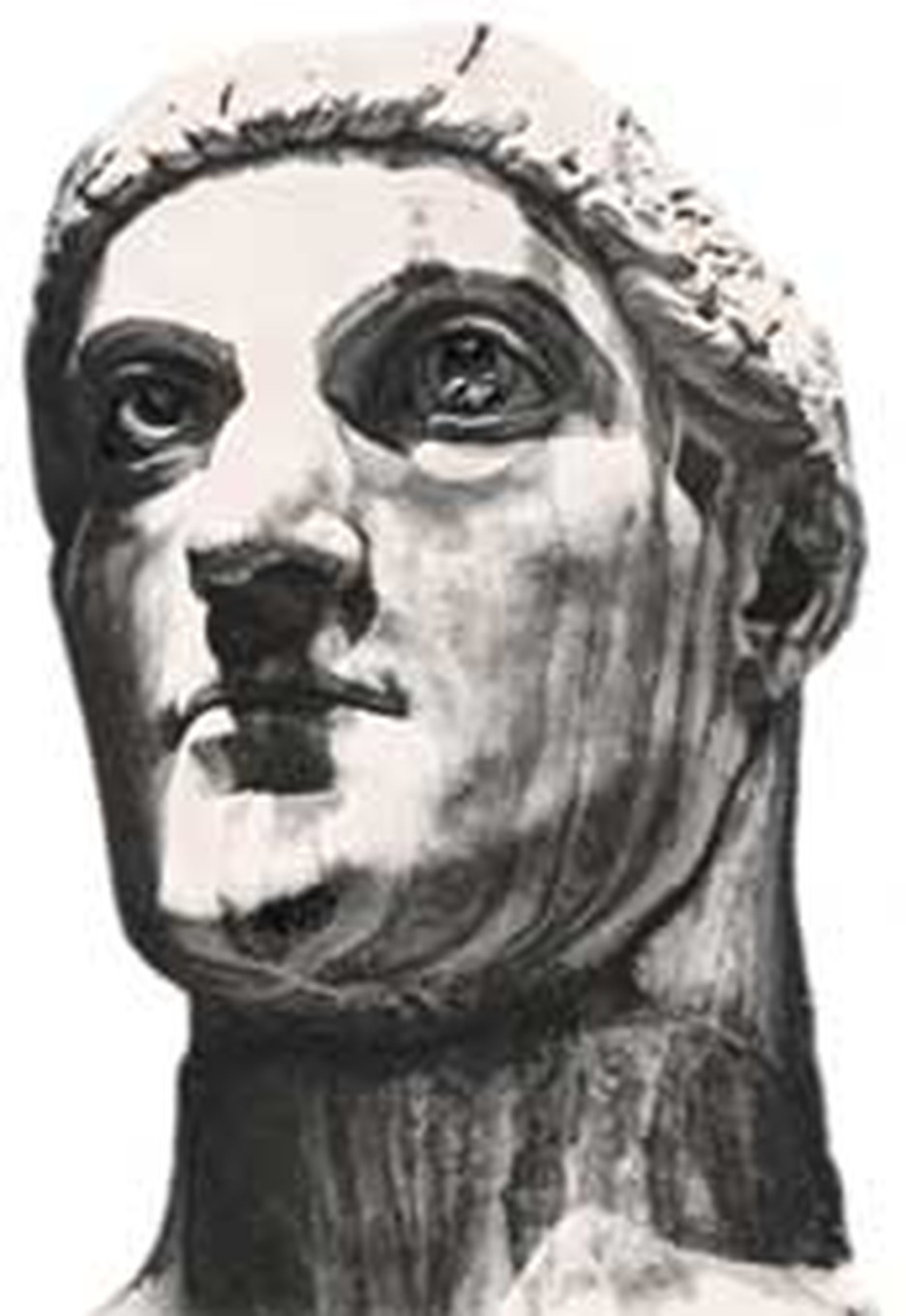
This one makes just about anyone's "top ten" list of pivotal events in Christian history. It marked a moment that decisively altered the course of Christian history and of Western civilization.
Even Eusebius admits the story sounds a little hard to believe, but he heard it directly from Constantine himself, who swore to him that it was true. Constantine was preparing for battle. The stakes were enormous. Who would control the Roman Empire? Constantine had his doubts about the traditional gods. He prays earnestly that the true God "would reveal to him who he was, and stretch forth his right hand to help him." Thereupon he saw a cross of light in the noonday sky and the inscription "In hoc signo vinces."
Constantine accepted this as an answer to his prayer and had the sign of the cross inscribed on his soldiers' armor. He went to the momentous battle near the Milvian Bridge at Rome and was victorious.
The church up to this time had been a persecuted minority and just recently suffered the savage "Great Persecution." Constantine secured toleration for the church and showed it many favors.
It is commonly thoguht that Constantine made the church the official religion of the Roman empire. That is incorrect. It did not happen until almost 70 years later under Emperor Theodosius I. Many allege Constantine was just an opportunist and became a Christian for political reasons. That is unlikely as the political power structure he had to deal with was overwhelmingly pagan. Eusebius saw him as God's gift to his suffering church.







